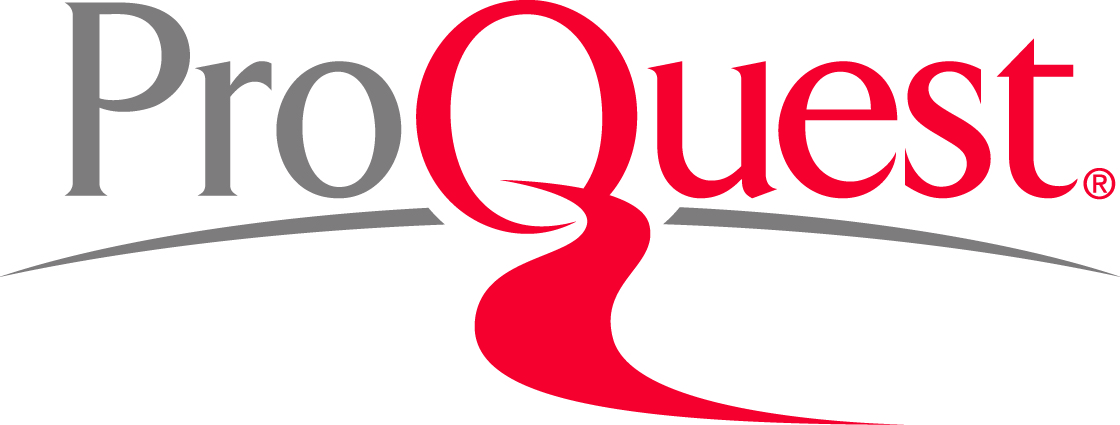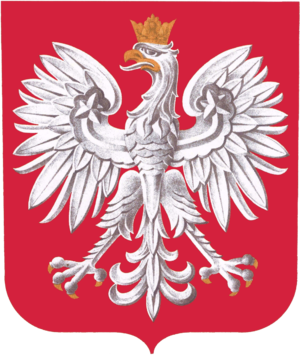Water Management in the Republic of Slovenia (Historical Overview and Current Regulations)
Absztrakt
This paper undertakes a detailed examination of the historical development and present-day regulatory framework governing water management within the Republic of Slovenia. It traces the evolution of water governance from the socialist system to the emergence of a legal and institutional framework oriented towards sustainability and environmental protection. Particular attention is afforded to pivotal legislative developments, notably the post-1991 shift to a market economy following Slovenia’s attainment of independence, the subsequent privatisation of public enterprises, and the adoption of the 2002 Water Act (ZV-1). A milestone of considerable legal and constitutional significance was the 2016 amendment to the Slovenian Constitution, whereby the right to access to drinking water was elevated to the status of a fundamental human right—thereby reinforcing the principle that water are to remain subject to public authority and may not be surrendered to private dominion.
The analysis further elucidates the respective competences of the state and local communities in the governance of water resources, public utilities, and concession-based service delivery. It explicates the legal mechanisms governing the supply of potable water, the maintenance of water infrastructure, and the authorisation of special water use through permits and concessions. Furthermore, the study addresses the societal and legal ramifications of public opposition to privatisation initiatives, as demonstrated by the 2021 referendum in which Slovenian citizens overwhelmingly rejected legislative amendments that could have paved the way for commercial exploitation of water resources. In conclusion, the Slovenian legal order is shown to embody a robust com- mitment to the preservation of water as a public good, safeguarding its availability and equitable distribution for both current and future generations.
Hivatkozások
Avbelj M (2016) Totalna država totalno brez zaupanja svojih državljanov, https:// www.iusinfo.si/medijsko-sredisce/kolumne/172041 [20.11.2024]
Bohinc (1993) Pravna ureditev gospodarskega javnega sektorja, Podjetje in delo št. 4, pp. 283–289.
Hano E & Josipović T (2024) Social Ownership and Restitution of Agricultural Land in Croatia, Agrár és környezetjog/Journal of Agricultural and Environmental Law 19(37) pp. 101–133. https://doi.org/10.21029/JAEL.2024.37.101
Gantar P (2021) Voda kot vrednost ali kot vrednota?, Zbornik vodni dnevi 2021, pp. 9–17. https://sdzv-drustvo.si/wp-content/uploads/2021/10/zbornik-vd- 2021-gantar.pdf
Jakab N & Mélypataki G (2019) The right to water as a social fundamental right, Agrár-és Környezetjog / Journal of Agricultural and Environmental Law 14(26) pp. 7–34. https://doi.org/10.21029/JAEL.2019.26.7
Juhart M (1993) Lastninjenje po zakonu o gospodarskih javnih službah, Pravna praksa št. 26, pp. 3–4.
Karakamisheva-Jovanovska (2024) Constitutional and Legal Aspects of the Processes of (De)nationalisation and Privatisation of land and of state-owned enterprises – Macedonian examples of controversial politicisation and elitisation, Journal of Agricultural and Environmental Law 19(37) pp. 227–250. https://doi.org/10.21029/JAEL.2024.37.227
Markovič A (1993) Lastninjenje gospodarskih javnih služb, Pravna praksa št. 23, p. 8.
Pečenko B (1993) Privatizacija, Pravna praksa št. 26, p. 2.
Pličanič S (1997) Nova pravna ureditev upravljanja z vodami (temeljna izhodišča), Podjetje in delo št. 8, pp. 1301–1309.
Pličanič S (2004) Vloga javnih podjetij pri izvajanju javnih služb, Podjetje in delo, št. 6-7, pp. 1383–1391.
Predlog (2015) Predlog za začetek postopka za spremembo Ustave Republike Slovenije z osnutkom Ustavnega zakona (UZ70), EPA 463-VII
Prinčič J (2014) Komunalno gospodarstvo in zasebna obrt kot primera ureditve razmerja med javnim in zasebnim v novejši slovenski gospodarski zgodovini (1945-1990), Prispevki za novejšo zgodovino, letnik 55 številka 1, pp. 66–84.
Prodan I (2015) Gospodarske javne službe v občini, Podjetje in delo, št. 3-4, 2015, pp. 613–625.
Sancin V & Juhart M (2023) The Right to Safe Drinking Water in International Law and in Slovenia’s legal framework and implementation, Journal of Agricultural and Environmental Law 18(34), pp. 106–124. https://doi.org/10.21029/JAEL.2023.34.106
Szilagy J E (ed) (2022) Constitutional Protection of the Environment and Future Generations, Studies of the Central European Professors’ Network, Miskolc – Budapest https://doi.org/10.54237/profnet.2022.jeszcpefg
Štravs L (ed) (2013) Direktive EU s področja upravljanja voda, Uradni list, Ljubljana
Tinauer C (1993) Privatizacija podjetij, Podjetje in delo, št. 1, 1993, pp. 50–58. 19.Ude L (2017) Geneza ustavne pravice do pitne vode, Javna uprava, št. 1 2017, pp. 7 –14.
Vlahek A & Damjan M (2024) The denationalisation of agricultural land and forests in Slovenia: unfolding a decades long journey, Journal of Agricultural and Environmental Law 19(37), pp. 347–382. https://doi.org/10.21029/JAEL.2024.37.347
Zahteva (2021) Zahteva da Državni zbor Republike Slovenije ponovno odloča o Zakonu o spremembah in dopolnitvah Zakona o vodah (ZV-1G), https://tinyurl. com/bdzhz4yu [20.11.2024]













